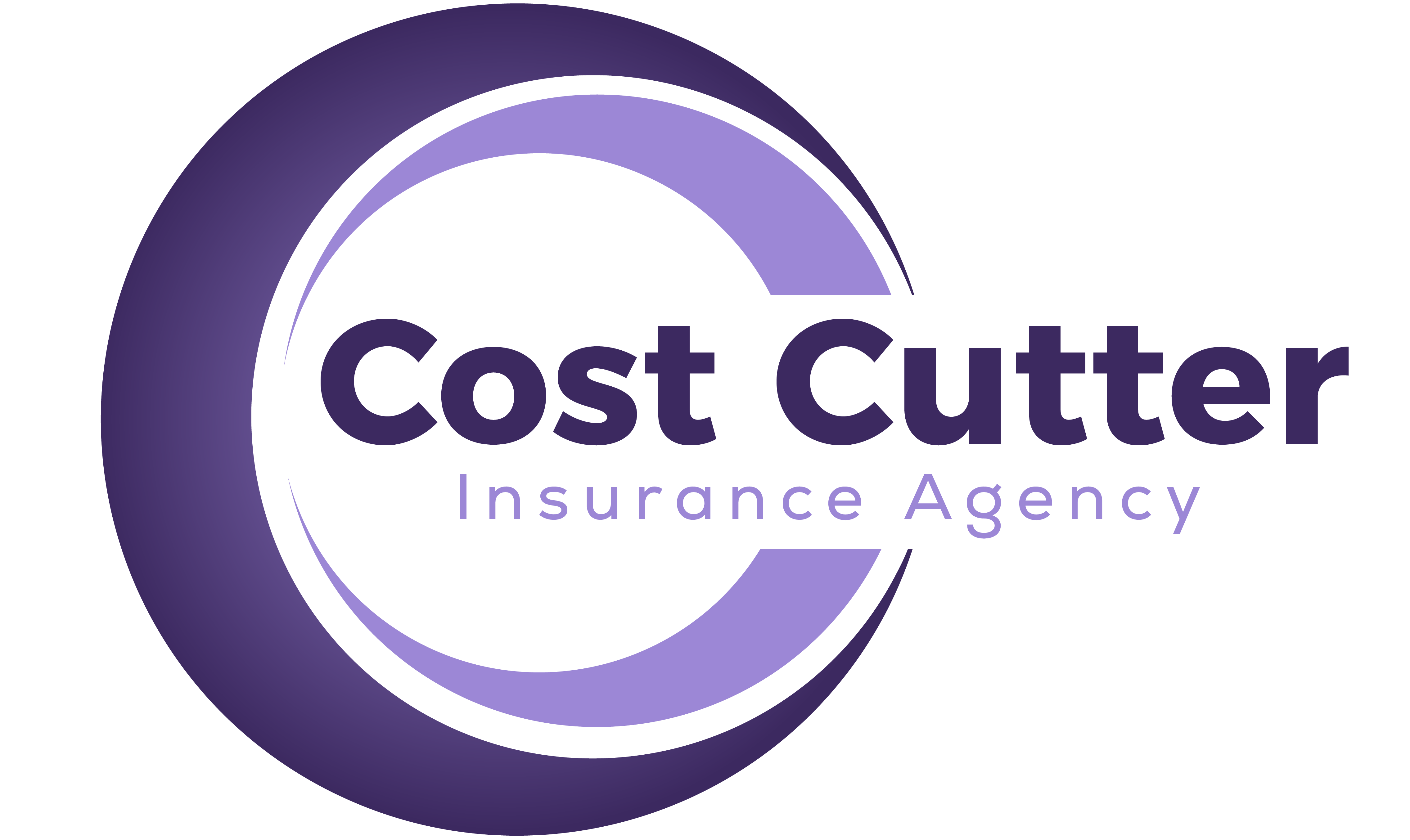
Purchasing Workers’ Comp in North Carolina
To purchase workers’ compensation insurance in North Carolina, several key pieces of information are required. Workers’ compensation is a vital insurance coverage that protects both employers and employees in the event of work-related injuries or illnesses. In North Carolina, as in most states, it is mandatory for most employers to carry workers’ compensation insurance. This insurance provides medical benefits, wage replacement, and other necessary support to injured workers, ensuring they receive appropriate care and compensation for their injuries. Here are the key details necessary to purchase workers’ compensation insurance in North Carolina:
- Business Information: You’ll need to provide basic information about your business, including its legal name, address, and contact details. This information helps identify your business and its specific location within the state.
- Nature of Business: Describe the nature of your business activities, including the type of industry, services, or products your business is involved in. This helps insurance providers assess the risks associated with your particular industry and determine the appropriate coverage and premiums.
- Employee Information: Provide details about your employees, such as the total number of workers you employ, their job titles or classifications, and their annual wages. This information helps determine the potential exposure to risk and the level of coverage required. Different job roles may have varying levels of risk associated with them, affecting the insurance premium calculations.
- Claims History: Insurance providers may request your claims history to assess your business’s risk profile. This includes information about any previous workers’ compensation claims filed by your employees, such as the number of claims, their nature, and their associated costs. A history of frequent or severe claims may affect your premium rates.
- Experience Modification Rate (EMR): EMR is a factor used to adjust workers’ compensation insurance premiums based on a business’s past claims experience. It compares your business’s claims history to the average claims experience in your industry. Providing your EMR helps insurers assess your risk profile and determine appropriate premium rates.
- Payroll Records: Insurance providers will require payroll records to calculate the premium. This includes information about the total annual payroll for your business, broken down by job classification or employee role. The payroll information helps determine the basis for premium calculations.
- Safety Measures: Describe any safety programs or initiatives your business has implemented to mitigate workplace hazards and reduce the likelihood of accidents or injuries. This information demonstrates your commitment to maintaining a safe working environment and can potentially lead to better premium rates.
- Subcontractors and Independent Contractors: If your business hires subcontractors or uses independent contractors, insurance providers may require information about their workers’ compensation coverage. Some providers may require subcontractors to have their own workers’ compensation insurance to ensure adequate coverage for all workers on the job.
- Additional Coverage Requirements: In certain cases, your business may need additional coverage beyond workers’ compensation insurance. For example, if you operate commercial vehicles, you will need commercial auto insurance. Discuss your specific business operations with the insurance provider to determine any additional coverage requirements.
- Other Business Insurance Policies: Insurance providers may inquire about your existing business insurance policies, such as general liability insurance, property insurance, or professional liability insurance. This information helps them understand the overall risk exposure of your business and may impact the pricing or bundling options available.
By providing these details accurately and comprehensively, you can ensure a smoother process when purchasing workers’ compensation insurance in North Carolina. It is essential to work closely with an experienced insurance agent or broker who can guide you through the process, assist in assessing your specific needs, and help you find the most suitable coverage at competitive rates.
